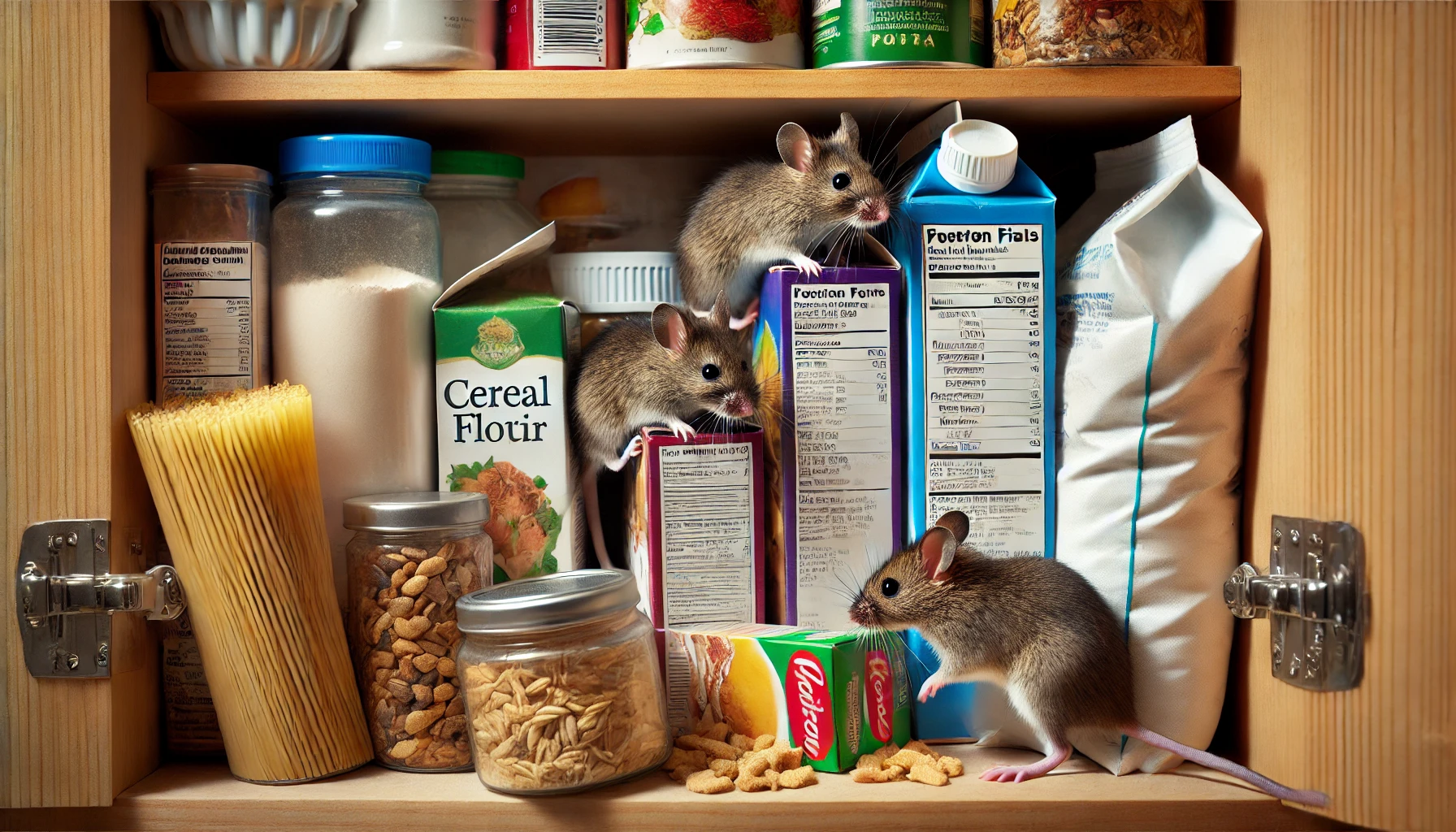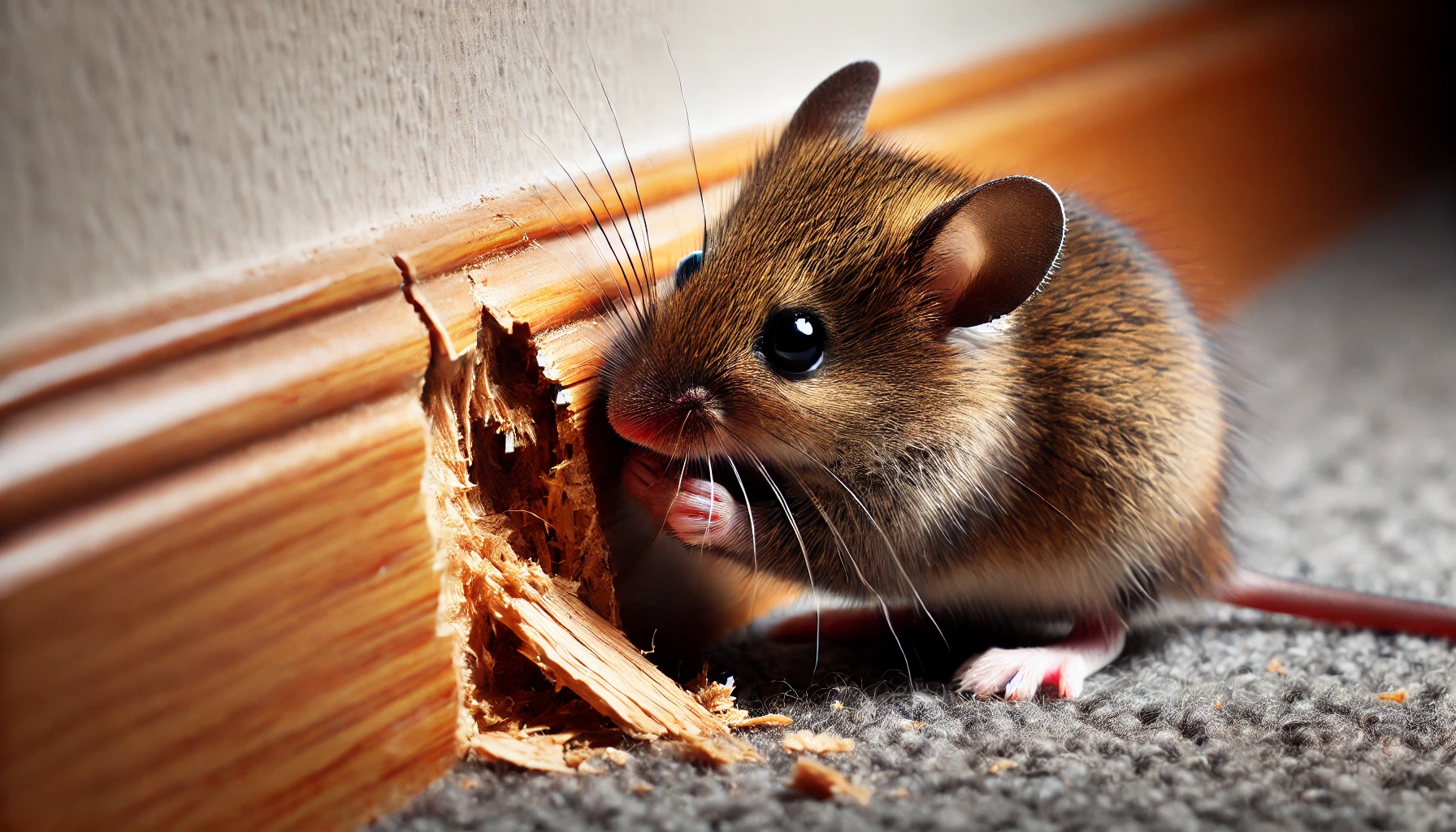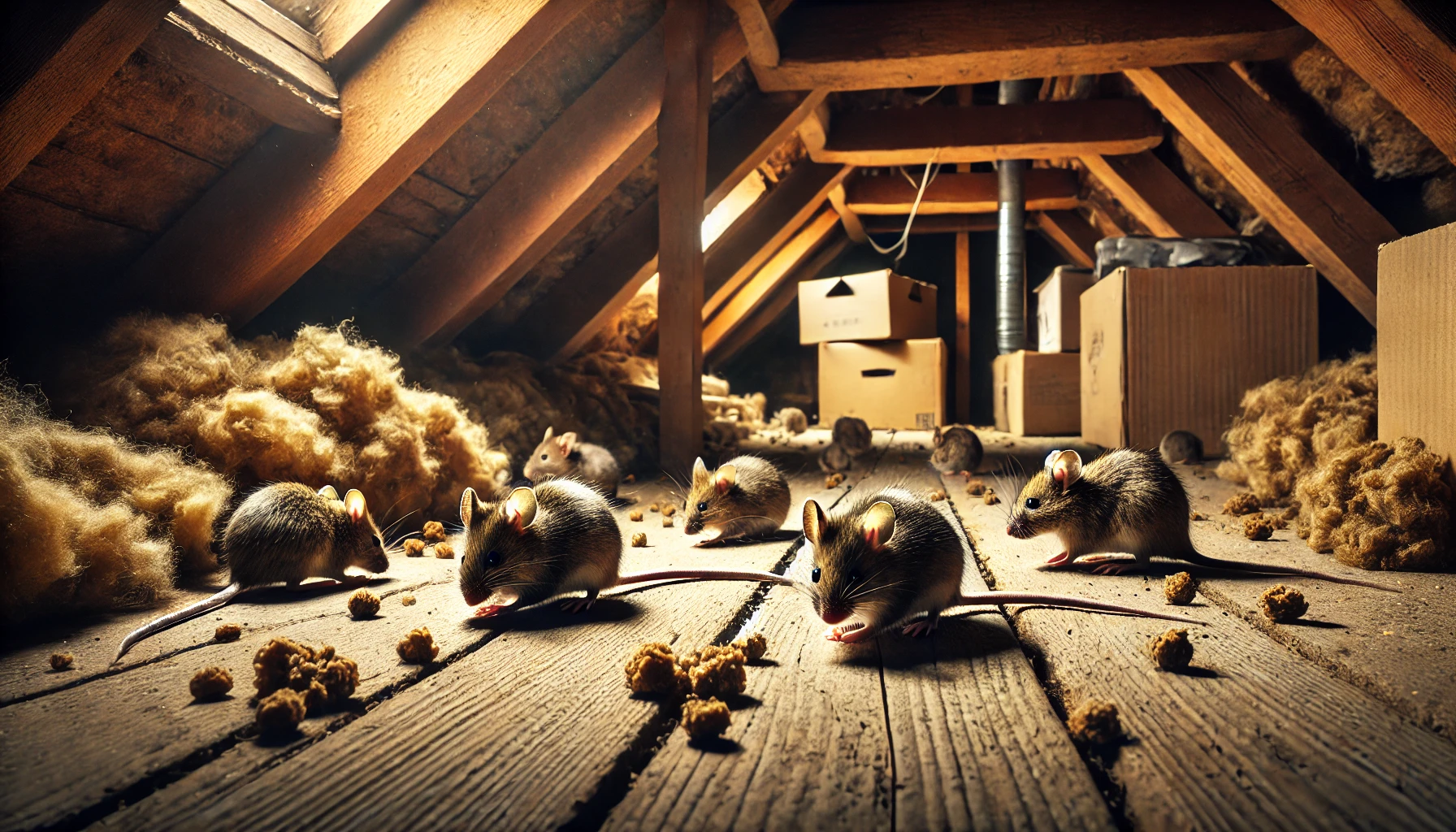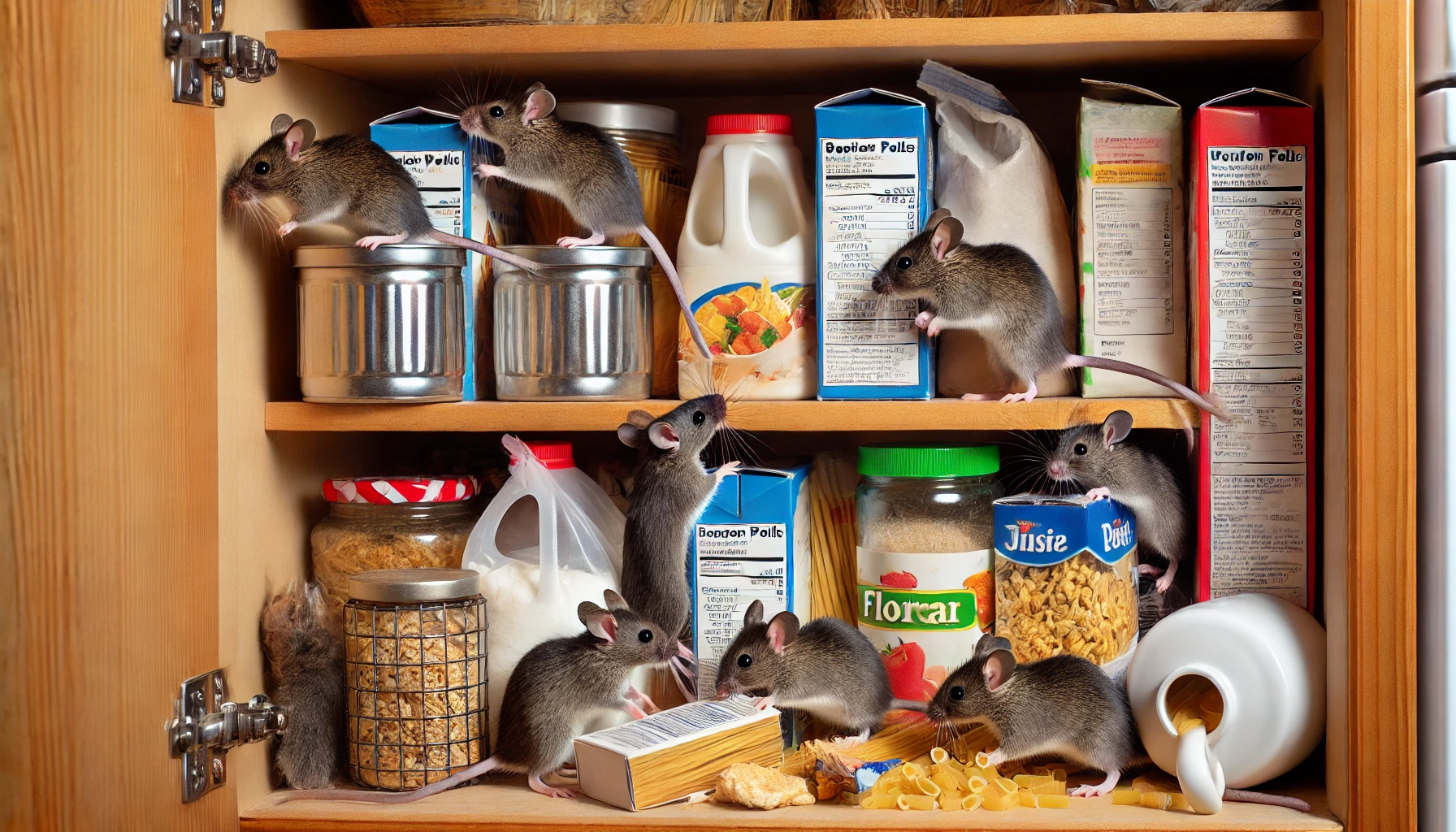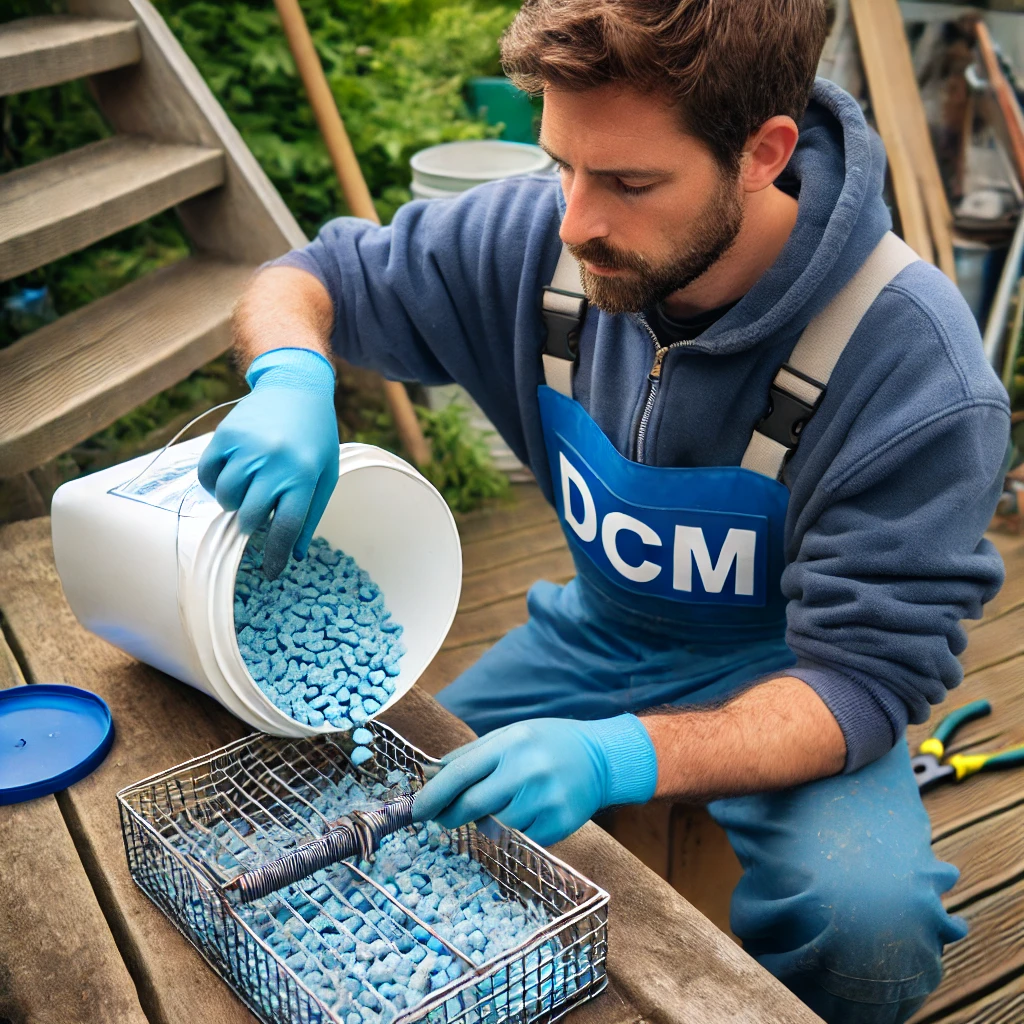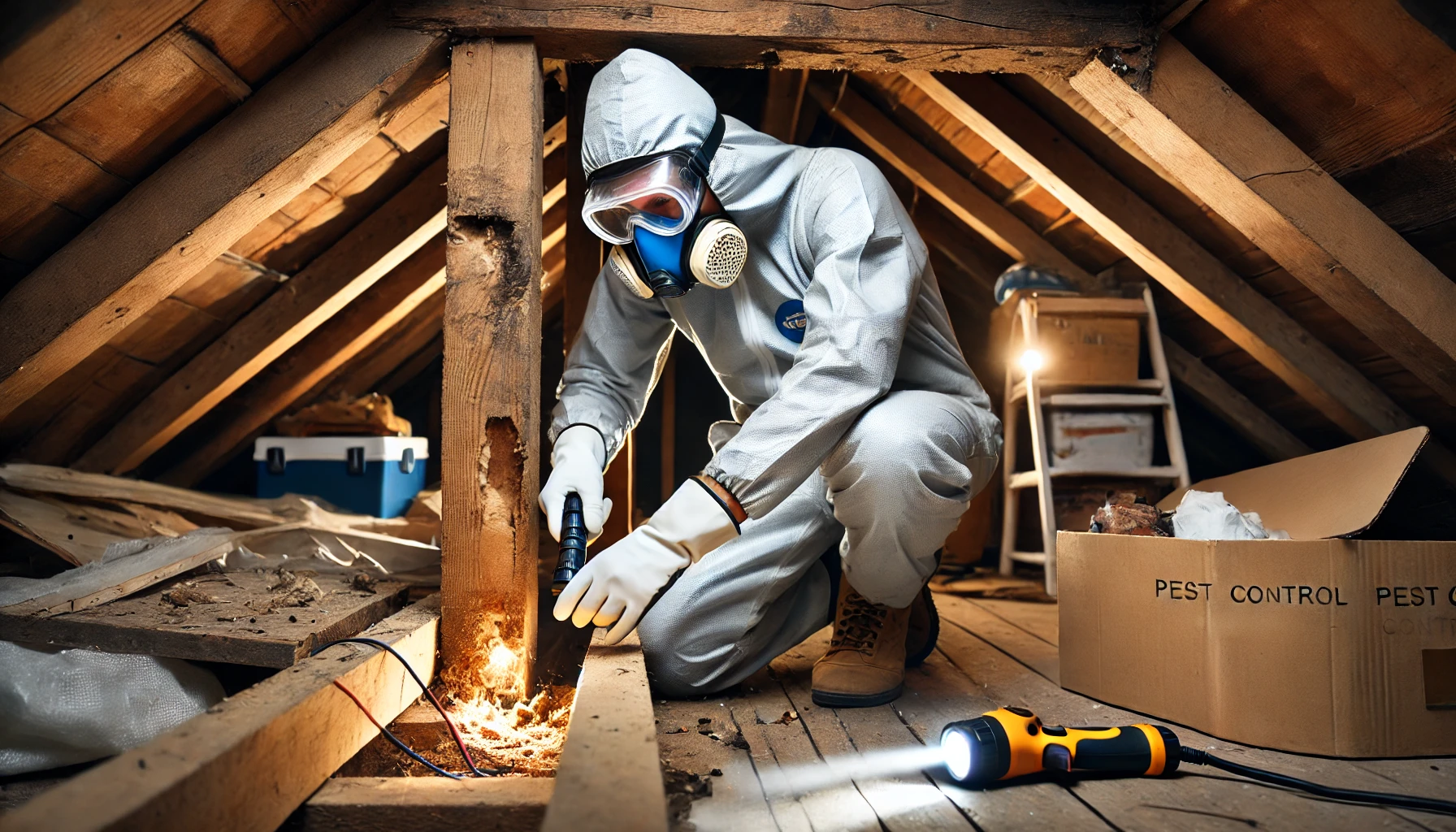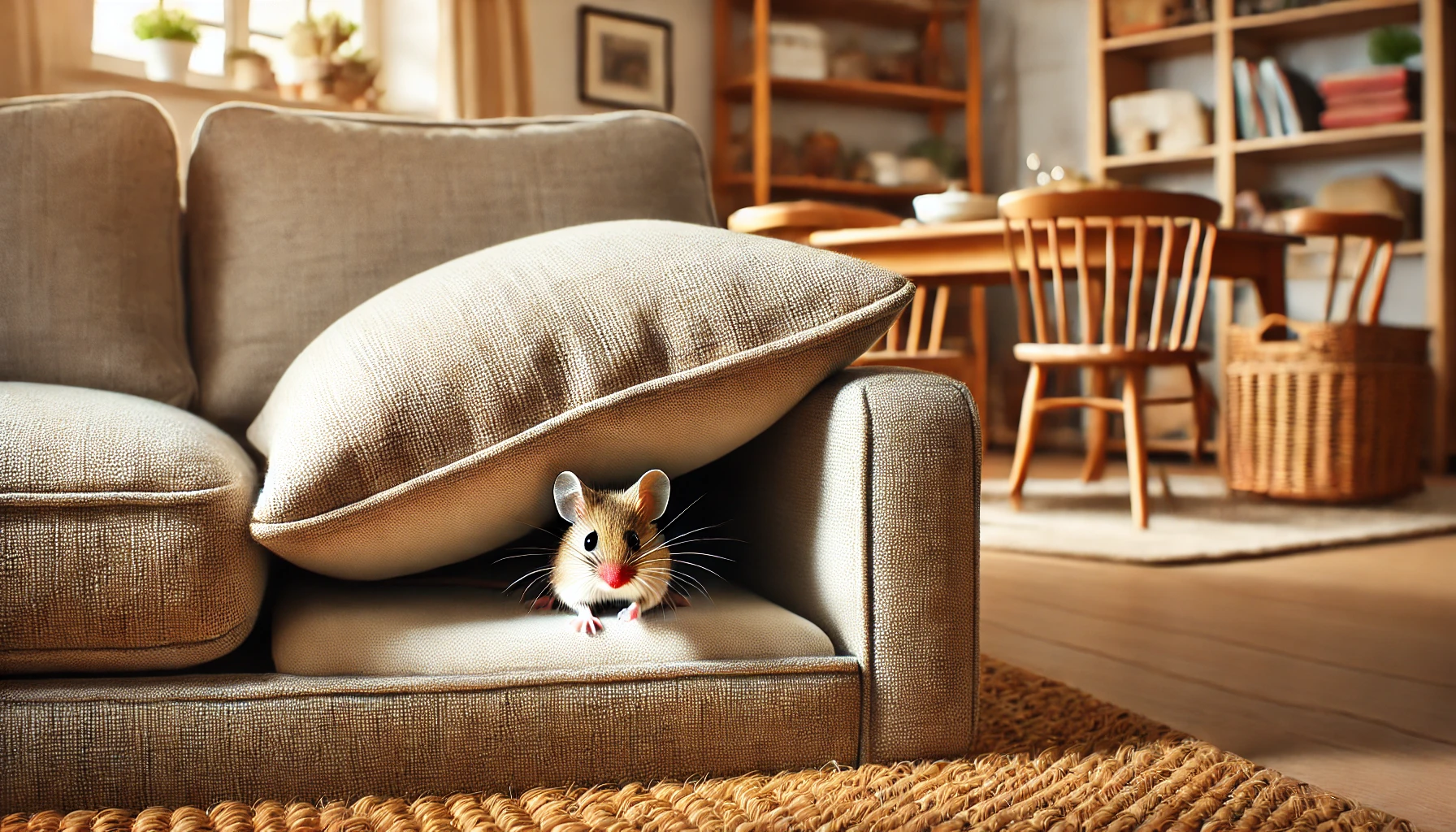Mice From £75
Standard charges are £75 per visit. Most infestations take 3 – 4 visits to resolve, spaced out at roughly one visit per week. In some circumstances it could take longer.
Prices for business customers exclude VAT.
ULEZ charges will be added to invoices where applicable.
